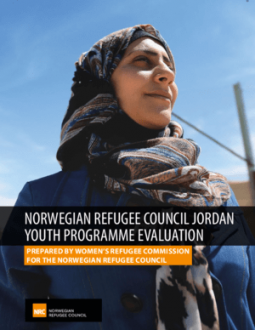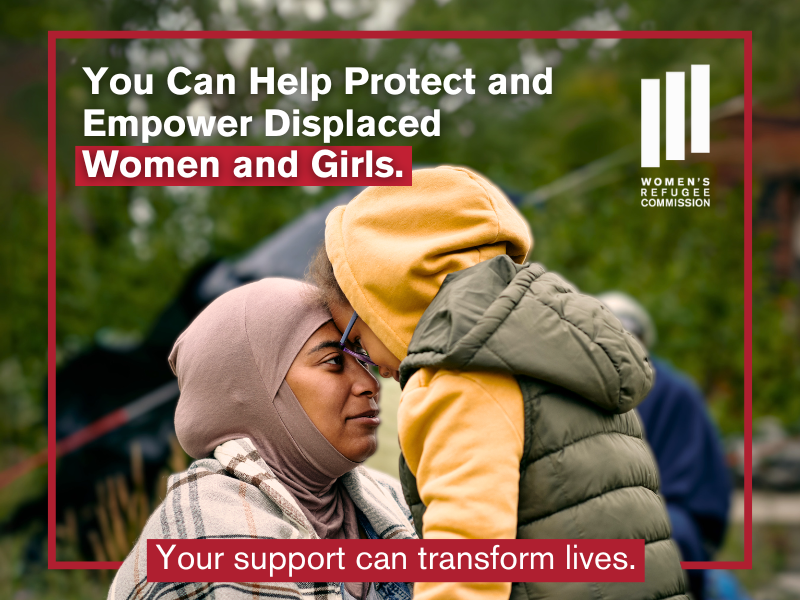
Norwegian Refugee Council Jordan Youth Program Evaluation
PublishedA review of the NRC Youth Program in Jordan
Background
Since 2003, the Norwegian Refugee Council (NRC) Education unit has been implementing empowerment programming for crisis-affected youth (aged 15-24) based on a model known as Youth Education Pack (YEP). YEP typically includes technical and vocational education and training (TVET) with life skills and non-formal education. However, in Jordan, the Youth Program operates independently from the NRC Education unit and experiments with a more nimble model that aims to:
- modify program content continuously according to the evolving context
- connect youth to higher education
- partner with distance learning providers to offer online courses
- create links between young people and their communities
- serve a wider age group than the typical YEP program
Findings
The program is overwhelmingly perceived as relevant to the needs of Syrian refugee youth, by participants and non-participant camp residents, as well as by NRC’s partners. The program has adapted over time to the changing context and needs of the youth it serves, because of a declared commitment to adapt and remain relevant. Responses varied by sex, with young women more likely to point to positive social effects and male youth more often reporting economic empowerment. Youth report that they are engaging in their communities more as a result of the program, which is NRC’s overarching goal.
Recommendations
WRC recommendations for NRC Jordan include:
- increase focus on the psychosocial effects
- cede more ownership to Syrian teachers
- create indicators around social engagement
- identify the participatory approaches young people want
- define an approach to prevention and response to gender-based violence
- develop strategies to improve female youth retention
- partner with private firms and replicate the Youth Task Force model
WRC recommendations for NRC Head Office include:
- building up the youth specialization
- issuing guidance on contextualizing a youth program
- prioritizing youth advocacy and coordination in countries
- empowering staff with youth research
- studying the impacts of youth programming and youth advocacy work


